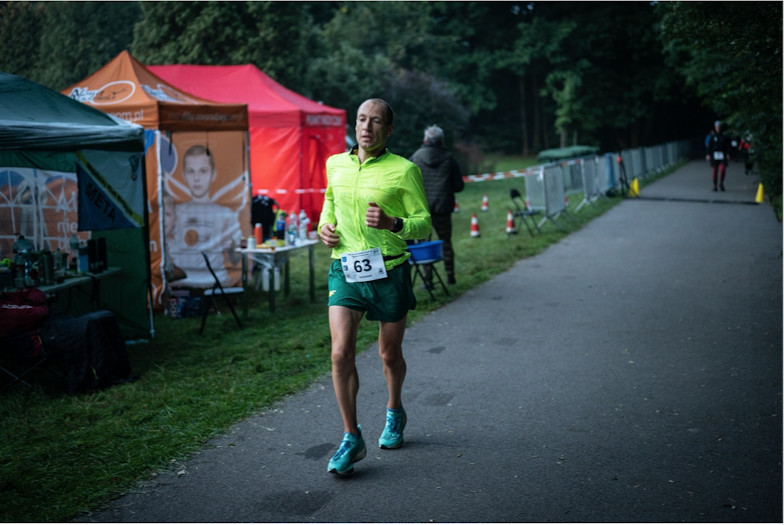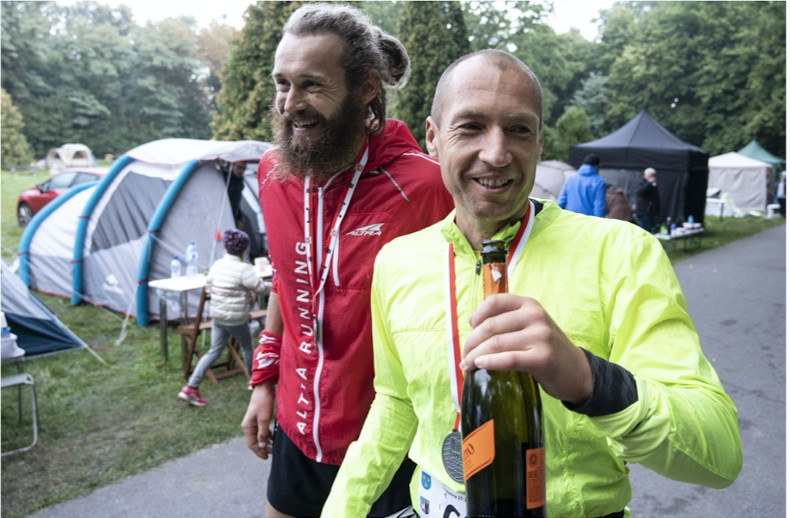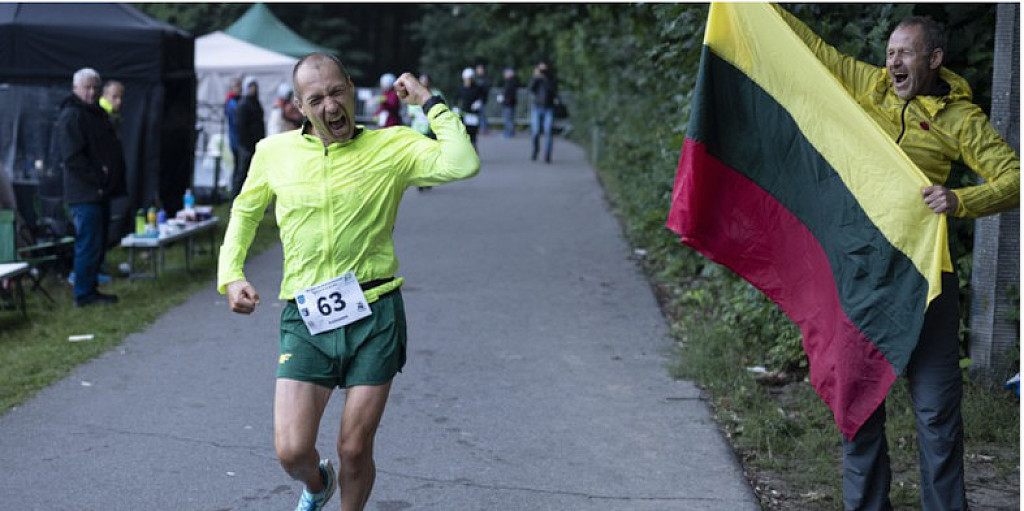Running News Daily
Running News Daily is edited by Bob Anderson. Send your news items to bob@mybestruns.com Advertising opportunities available. Train the Kenyan Way at KATA Kenya and Portugal owned and operated by Bob Anderson. Be sure to catch our movie A Long Run the movie KATA Running Camps and KATA Potato Farms - 31 now open in Kenya! https://kata.ke/
Index to Daily Posts · Sign Up For Updates · Run The World Feed
This Lithuanian Runner Broke the 24-Hour World Record that Stood Since 1997
The Lithuanian runner averaged a 7:29/mile pace for a full day.
Sania Sorokin has claimed another world best in 2021, breaking the 24-hour record set by legendary Greek ultrarunner Yiannis Kouros in 1997.


Kouros’s mark (303.4 kilometers or 188.52 miles for a 7:38/mile pace) remained elusive until August 30, when Sorokin lined up at the UltraPark Weekend 24-hour race in Poland. The 39-year-old Lithuanian runner averaged a 7:29-per-mile pace for the entire day on his way into the history books. His official distance was marked at 309.4 kilometers (192.25 miles).
“[The world record] was my dream for about five years,” Sorokin told Runner’s World. “It was an almost perfect race, but I know I can do better.”
Though unsponsored, Sorokin is no stranger to high-level performances such as this. His accolades include three 24-hour world championships since 2015, winning the famed Spartathlon ultra in 2017, and breaking the 100-mile and 12-hour world records in April this year.
His initial plan after his April success was to go for the 24-hour world record at the 2021 World Championships in October. However, the race was canceled in June due to the pandemic, so Sorokin chose the UltraPark Weekend 24-hour race in nearby Poland to go for his record attempt.
“Poland is not far from me,” Sorokin said. “This is a very high standard race, Poland has very strong ultrarunners, and the track is very good. I thought it was good to go for the 24-hour world record.”
In preparation for a record run, Sorokin increased his mileage for this training block. His weeks ranged from 142 miles at their lowest to 173 at his peak. He included speed work, while also doing cross-training, such as weightlifting, cycling, and swimming.
Sorokin lost his job as a dealer at a casino in January because of the pandemic, so he’s had more time to “train like a pro.” He credits this for his success and why he showed up in peak form to his record run.
Though he was on pace for the entire run, he did run into issues during the night.
“The conditions, the weather, the track, the organization, everything was perfect,” Sorokin said. “There was some crisis at night with my stomach. It stopped working well for a few hours, but then began to work again, and I really didn’t know if the record was to be or not to be until 21 hours of running.”
In those final three hours, Sorokin routinely crunched the numbers in his head. Finally, with 40 minutes remaining, he reached the 300-kilometer mark. Two more laps would give him the record. He did that and then some, breaking the world record by six kilometers.
Since breaking the record, Sorokin returned to Lithuania and has been inundated with interview requests. He has a couple ideas for what he wants to do next, but he said his focus right now is finding a sponsor for 2022.
“I need to find a sponsorship for next year because soon I need to be back to work,” Sorokin said. “I am in peak form, so I feel like I can still do better. I don’t exactly know what’s next for me. Maybe the 48-hour record.”
That record currently stands at 473.49 kilometers (294.21 miles), or put simply, a 9:47/mile pace for two days straight. It was set in 1996 by Kouros.
by Runner’s World
Login to leave a comment




